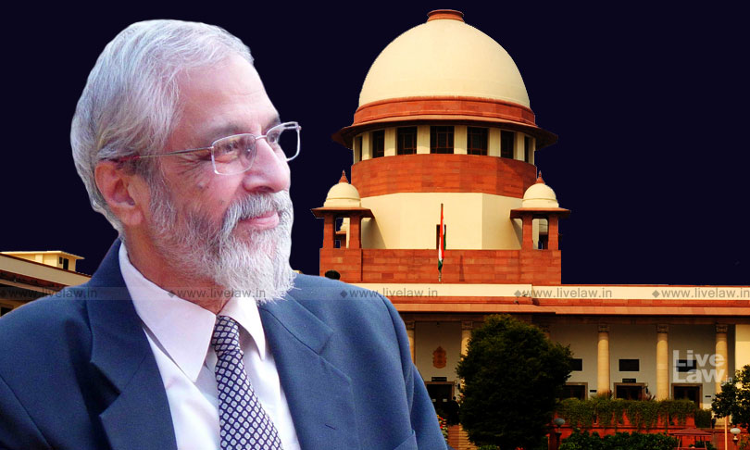Why Can't We Set Meaningful Dates While Dealing With Adjournments?Asks Justice Lokur
Karan Tripathi
30 July 2019 12:17 PM IST

Next Story
30 July 2019 12:17 PM IST
DAKSH organised a panel discussion in New Delhi to talk about its Piloting Justice Project. The panel discussed the 'Zero Pendency Courts Project Report' which aimed at understanding the functioning of courts when they were not burdened with arrears, and recommended ideal timelines for disposal of different types of cases. The panel consisted of Retired Supreme Court judge...
